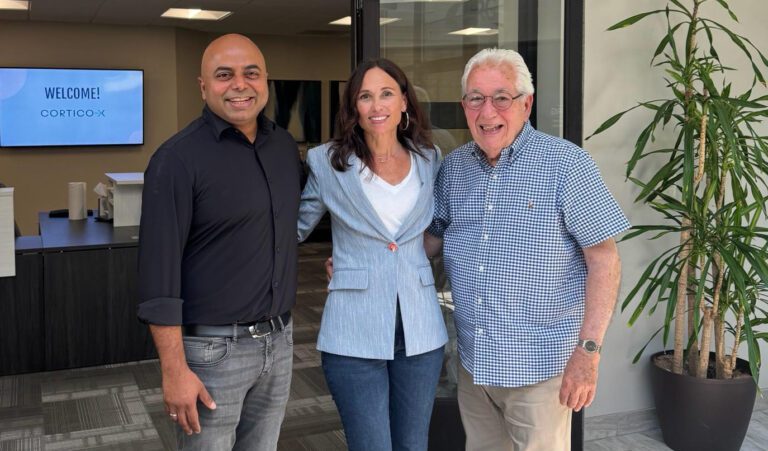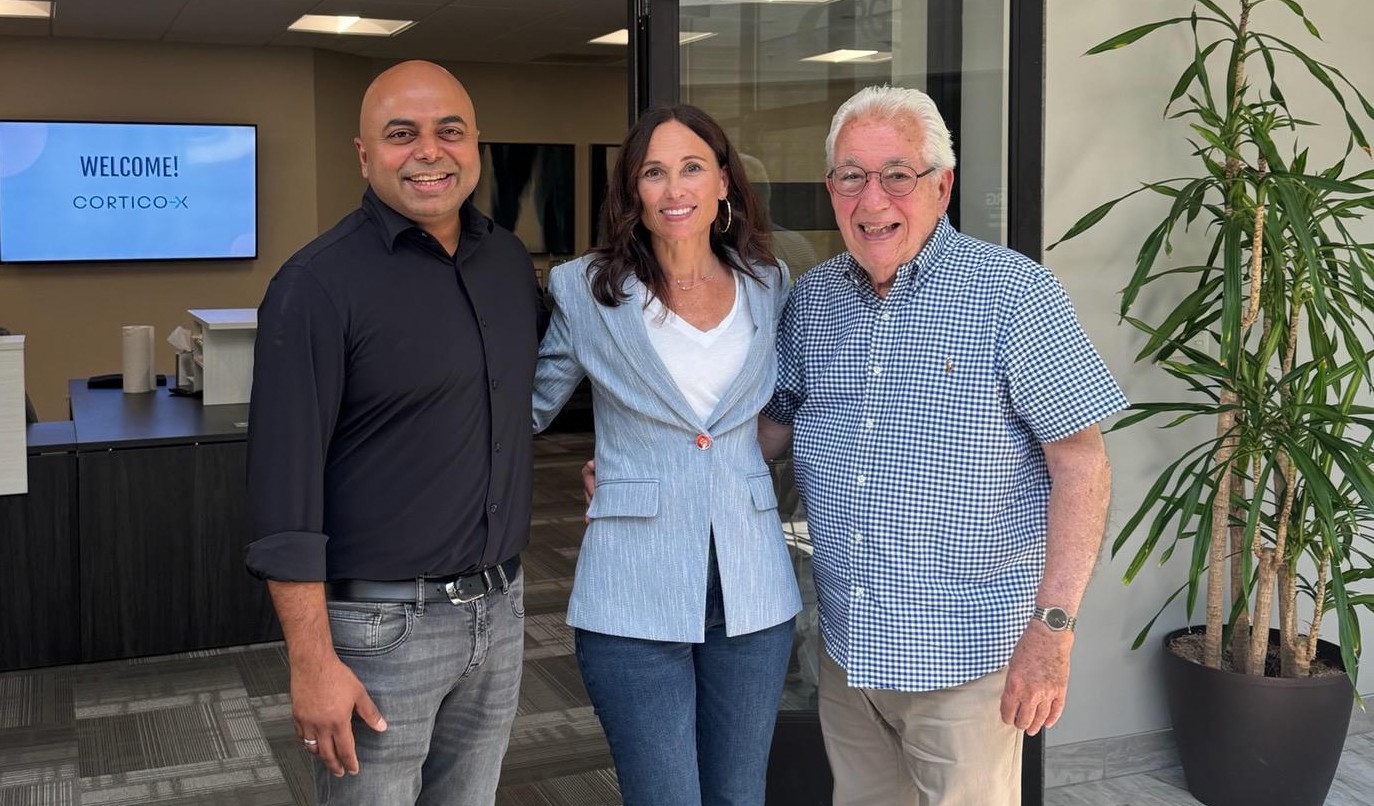The one who knows all the answers has not been asked all the questions.” – Confucius
In a world that is constantly changing, this 2500-year-old quote from the Chinese philosopher Confucius reminds us that curiosity is as important as knowledge. For many years, people (such as consultants like me) believed that being an expert was your best route to obtain professional security. Today, things are different. With the rise of advanced technology and artificial intelligence (AI), expertise is shifting from people to machines. Now, success depends more often on asking the right questions rather than simply knowing all the answers.
Because AI tools are improving at a rapid pace, they can do more and more tasks that used to take experts hours or even days. Instead of fearing this change, we can learn to work with AI by asking smarter questions. When we become great at asking questions, we tap into AI’s power to help us find solutions faster. This approach frees us from having to memorize every fact and allows us to explore new ideas with ease.
What makes this shift so exciting is that it opens the door for everyone – not just people with a technical background.
You do not need to write code or understand complex machine learning algorithms to use AI. You only need to be curious and willing to ask questions. As AI continues to grow in popularity, the ability to ask clear, focused, and creative questions will become a valuable skill for every person, regardless of their job or skill level.
Below are five tips to help you develop stronger question-asking skills to assist with building great prompts when using AI solutions:
- Stay Curious
Always be open to learning new things. Ask “why” and “how” often. Curiosity leads to deeper thinking and better questions. - Be Specific
Vague questions can confuse both people and AI tools. Pinpoint exactly what you want to know and phrase your question in a clear, direct way. - Use Context Clues
Explain background details when you can. The more context you provide, the better response you are likely to receive, with a reduced likelihood of hallucination. - Ask Follow-Up Questions
If the first answer is not clear, keep asking. Follow-up questions help you dig deeper until you fully understand the topic. - Practice Active Listening
When talking to experts or using AI, pay close attention to the answers. This helps you ask smarter questions and learn more in less time.
By shifting our focus from finding the “right” answer to asking the right questions, we can harness AI technology in new and exciting ways. This shift not only helps us solve problems more effectively but also inspires our natural curiosity and encourages lifelong learning. As AI continues to evolve, remember that anyone can join the journey. All it takes is the courage to ask.
The future of AI is evolving fast, and staying ahead means understanding how these innovations can fuel growth and transformation. If you’re ready to explore how emerging technologies can drive value for your business, reach out to us—we’re here to help you fuel your AI agenda.
If you enjoy insights like this, consider following Cortico-X on LinkedIn for more thought leadership and updates on the latest trends shaping the future of work and innovation.

Nicki Hagen
is a lead in the Design and Digital practice at Cortico-X, specializing in customer experience strategy, product management, user research and UX with a focus on human-centered design that integrates advanced data and AI solutions.











